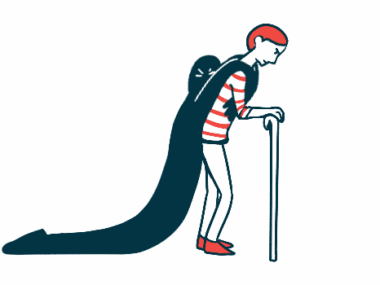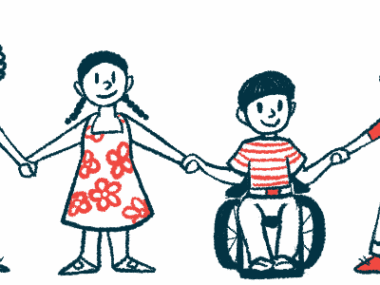Sleep Disorders in Ehlers-Danlos Syndrome
Written by |

Ehlers-Danlos syndrome (EDS) is a group of disorders that affect the connective tissue that gives structure to joints, tissues, and organs. The disease is characterized by weakness in the connective tissue, though the symptoms and their severity vary between the different types of EDS.
It’s common for patients with hypermobile EDS to experience sleep disorders, which may be present in other types of EDS as well. However, because those types are rare, no research studies have been conducted on their effects on sleep.
What are sleep disorders?
Sleep disorders are conditions that cause changes in normal sleep. Some people may have difficulty falling asleep, while others may wake up frequently during sleep. Others may think that they’re getting enough sleep but are actually not sleeping deeply enough. Difficulty staying awake during the day may be a symptom of a sleep disorder.
Why does hypermobile EDS cause sleep disturbances?
The reasons why hypermobile EDS causes sleep disturbances or disorders aren’t clear. Some studies have indicated that the autonomic nervous system is not functioning properly in patients with hypermobile EDS. Moreover, many patients experience chronic pain and fatigue, which may cause sleep disturbances or make it more difficult to get enough restful sleep.
How do doctors treat sleep disorders?
Sleep disorders in hypermobile EDS are treated with a combination of lifestyle changes and medication.
Lifestyle changes
Staying hydrated, making sure to get all the vitamins and minerals needed through diet, and learning not to “push through” pain and fatigue are all important lifestyle changes that can help improve sleep quality.
If you have EDS and difficulty sleeping, talk to your doctor and dietitian about possible changes to your diet. You may have different needs than someone without EDS.
Limit your intake of caffeine, nicotine, and alcohol, as these can contribute to sleep disturbances and make it difficult to get healthy sleep.
Finding strategies to reduce and manage stress can also help with getting restful sleep.
Medication
Adequate pain management is important as mismanaged pain is one of the factors that disturb sleep. Medications can help with circulatory problems that may be contributing to sleep disturbances, but talk to your doctor before taking any medications.
Last updated: June 3, 2020
***
Ehlers-Danlos News is strictly a news and information website about the disease. It does not provide medical advice, diagnosis, or treatment. This content is not intended to be a substitute for professional medical advice, diagnosis, or treatment. Always seek the advice of your physician or other qualified healthcare providers with any questions you may have regarding a medical condition. Never disregard professional medical advice or delay in seeking it because of something you have read on this website.





